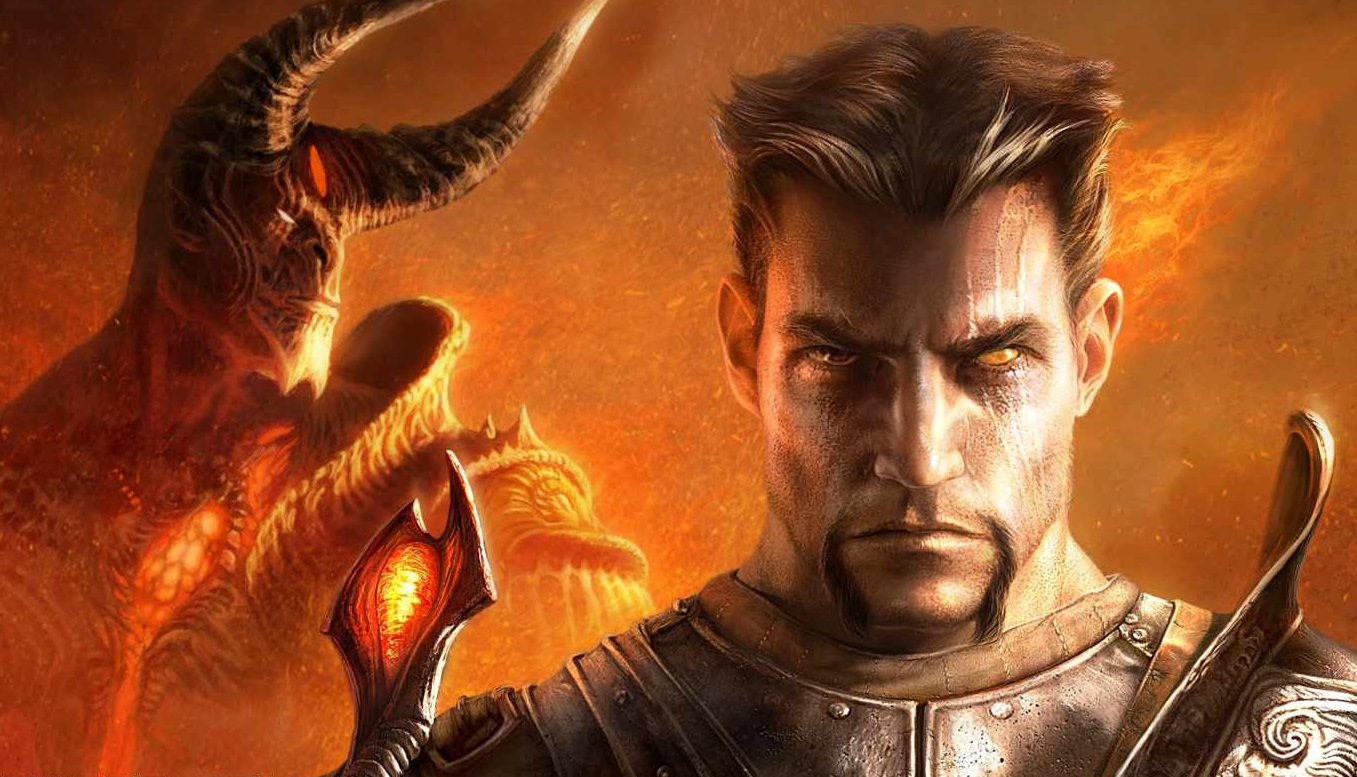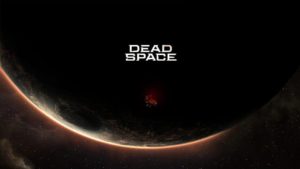
Dark Messiah of Might and Magic isn’t a game that’s particularly well known. There’s a very good chance you either haven’t heard of this title, or your memory of it has only popped into your head after having seen the title of this article. Developed by Arkane Studios and released in 2006 as a spin off to the Heroes of Might and Magic series, why is this title from my early teens worth mentioning?
A first-person singleplayer RPG, Dark Messiah was filled to the brim with high fantasy tropes. The story was pretty forgettable, and I admit I had to recheck a few plot details as I could only remember the basic points. You start the game as Sareth, an apprentice to the wizard Phenrig, who sends you on an initial mission to find a magical crystal and bring it to his associate in the city of Stonehelm. Before sending you on your trip to the city, your master decides to assist you by having a sorceress, named Xana, merge into your body and occupy your mind. The city is attacked on your arrival by an undead army which you manage to help fend off, and you are able to deliver the crystal to its intended recipient. Perhaps unsurprisingly, things go downhill, the associate of Phenrig is murdered in the night and the crytsal is stolen, Xana turns out to be some sort of demon resembling something akin to a succubus, and your father might just be some ancient demonic chap who wants to bust out of demon prison with your help and bring about the end of the world.
The story is serviceable, but pretty forgettable, as are most of the characters. The issue is you are rarely around anyone long enough to come to care them as a character, and pretty much nobody has a prior attachment to Sareth. The plot also suffers from following a vague prophecy, which along with being a go to fantasy plot point, makes the overarching end goal kind of ambiguous throughout the story. The writing is something akin to the efforts of a first time dungeon master trying to put together a Dungeons & Dragons campaign on short notice, and the voice acting, with a few exceptions is much the same. The game was graphically impressive for the time, and it does make some effort to vary the environments and enemy types a bit, which is nice. The overall reception on launch was mixed, and I remember the game being so glitchy when it first came out on PC that I had to enter something into the console just to stop the thing crashing within 30 seconds.
So why am I writing an article about a barely remembered game from 15 years ago that had a generic fantasy story and was filled to the brim with glitches. One main reason:
Dark Messiah has the best combat system of any RPG i’ve ever played.
The game ran on Valve’s famous Source engine, and the combat was designed to utilise its physics capabilities. You could pick up objects and throw them to stagger enemies, kick them off ledges or into spike traps or cause a stack of heavy objects to collapse on them by shooting or slashing the supports out. Not only was this fun as all hell, but on the harder difficulties where enemies can take several weapon hits to take down, utilising your environment was key to gaining the upper hand. I remember one incident of being chased by 3 guards through a castle and dropping a chandelier on one’s head before kicking the other down the stone steps into his mate. They also added this aspect into the boss fights, which often required you to use some environment based effect to take down your large enemy.
The character progression allowed for 3 main advancement trees; Combat, Magic or Miscellaneous, which also had benefits to stealth, allowing you to play an assassin type role. I usually went the warrior route, which gave me a bunch of cool sword manoeuvres. I could do a charge attack which stunned enemies, a jumping attack which results in a high damage vertical slash, and a whirlwind attack which does a massive 360 slash. You could also get adrenaline attacks, which were gruesome one hit KOs (to normal enemies) once you filled up your adrenaline bar. I didn’t put so much into magic, but some of the spells were pretty cool, and also utilised the physics engine, such as by placing frost traps on the ground or knocking enemies down with fireballs.
What’s interesting is that as well as being fun and fluid, the game’s combat feels very unique. As someone who has played a number of singleplayer RPGs, I never found one that really reminded me of Dark Messiah’s melee combat. Although it failed in a number of areas, and there seems to be no signs of a follow up title or remaster, it still holds a special place in my heart for every combat encounter being an absolute joy.




